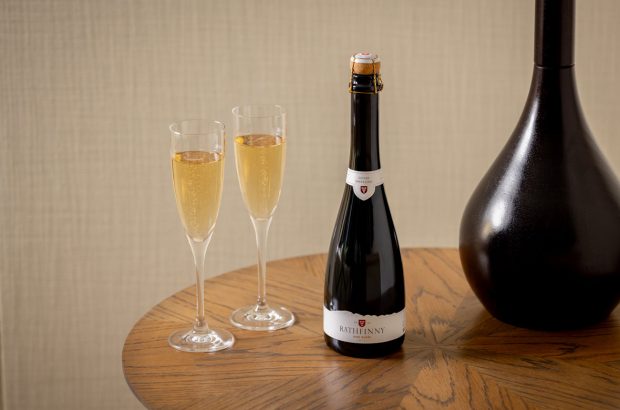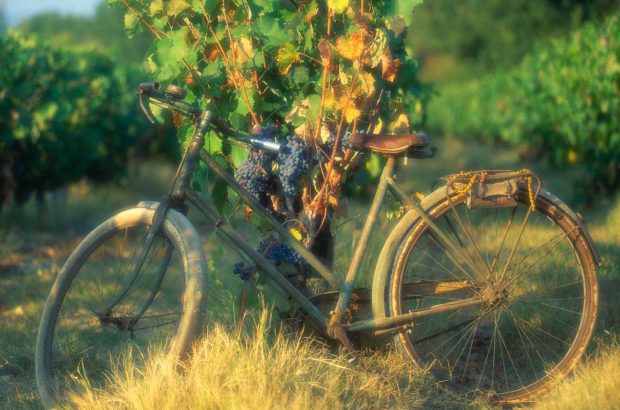A study has shown that people can get 15% more pleasure out of their wines by simultaneously drinking and listening to the right kind of music. What do you think? Have you had any good experiences with particular combinations of music and wine?
The study, by a team led by Charles Spence, professor in experimental psychology at Oxford University, matched tastes such as sweet and sour to sound properties like pitch and tempo.
Spence was recently interviewed by Jane Anson for her weekly column.
‘Brain influenced by surroundings’
They discovered that the brain, and therefore taste, is influenced by ‘outside’ surroundings when eating and drinking. If the surroundings are pleasurable, so is the taste. So if you want to make your wine taste better, or enhance certain flavour characteristics, choose your background music wisely.
The general findings were that humans want to match the outside sensations to taste. So the people involved in the study matched heavy red wines, such as Malbec, with instruments like the organ and light white wines, such as Sauvignon Blanc, with the harp.
But sound can also entirely change the taste and texture of the wine. For example, if you listen to powerful and heavy music, this will make the wine taste more powerful and heavy, or if you listen to mellow and soft music, the taste of the wine will correspond.
The study mainly matches general taste sensations with music characteristics, but complex wines have a symphony of flavours which, when matched with complex music, will enhance different taste and texture sensations throughout the duration of the song.
The Results
- Sweet wines, such as a Late Harvest Riesling, matches with music with an even rhythm, slow tempo and high pitch yet soft. Piano music is best.
- Sour wines, like red Italians such as Barbera, correspond with music that has a syncopated rhythm, fast tempo and a high pitch. Brass instruments are good.
- Fino Sherry and other salty wines are also good with brass instruments but prefer staccato.
The study also matched specific flavours to music.
- Wines with fruity aromas such as Beaujolais matches with a high pitch, whereas wines with smokey (Margaux), dark chocolate (Nero d’Avola) or cedar (Bordeaux) match with a low pitch.
- High tannin wines correspond with rock guitar of chunky, gritty strings and full bodied wines match with a symphonic orchestra.
As well as more general flavour and sound combinations, the team at Oxford University are in the process of matching specific flavours with sounds in much more detail.
- Wines with a strong orange aroma such as Sauternes, correspond with music that has a bright, sharp timbre, staccato and dynamic articulation, a syncopated rhythm and a lively and fast rhythm.
- Vanilla flavours, such as America-oaked Chardonnay match with music with a soft timbre, legato articulation, even rhythm and a slow tempo.





